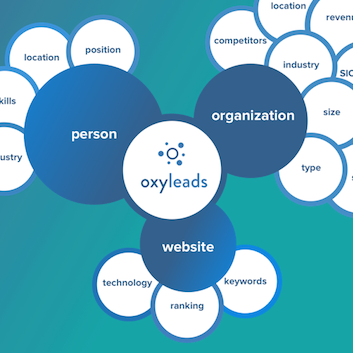WooCommerce
Designed for WordPress
Unlike the other eCommerce solutions we’ve looked at, WooCommerce is designed and developed specifically to add eCommerce capabilities to an existing WordPress website. Given the popularity and ease-of-use of the WordPress platform, for many businesses WooCommerce can easily be added to your existing webpage.
WooCommerce is a completely free plugin for WordPress, rather than a standalone CMS like Magento. This makes it simple for you to add an online store and checkout facility to your existing site.
Because of this, WooCommerce is a fantastic way for a small business to transform their existing website into an eCommerce platform. While other eCommerce solutions such as Shopify can be added to an existing site, it is much, much easier to do with WooCommerce, so long as your new or existing website is built on WordPress.
Simple and easy integration
Unlike Shopify, WooCommerce integrates with the existing theme of your WordPress site. This means that there are no fancy built-in themes on offer (except for those offered by WordPress, naturally).
On the other hand, this means that your eCommerce platform will fit almost seamlessly into any site you already have up and running.
Dependent on WordPress
Obviously, the major downside to all of this is that if you don’t already have a WordPress site, you’ll need to set one up. Therefore it might be easier, cheaper, and less time consuming not to use WooCommerce.
The cost of hosting can add up
Another downside is that WordPress does not offer free hosting, so you will need to have that taken care of a before you can implement your WooCommerce eCommerce solution, though it can be done relatively quickly and easily.
The one other significant downside to WooCommerce is that it doesn’t provide all of the extra functionality that the other eCommerce solutions have to offer. It has fewer “out of the box” tools and capabilities than Shopify, and lacks the endless customizability of Magento.
Perfect for companies that use WordPress
WooCommerce is ideal for any company that already has a WordPress website. It is also a great fit for companies whose tech experts are familiar with WordPress. This means that WooCommerce is best suited to smaller organizations and new start-ups.








